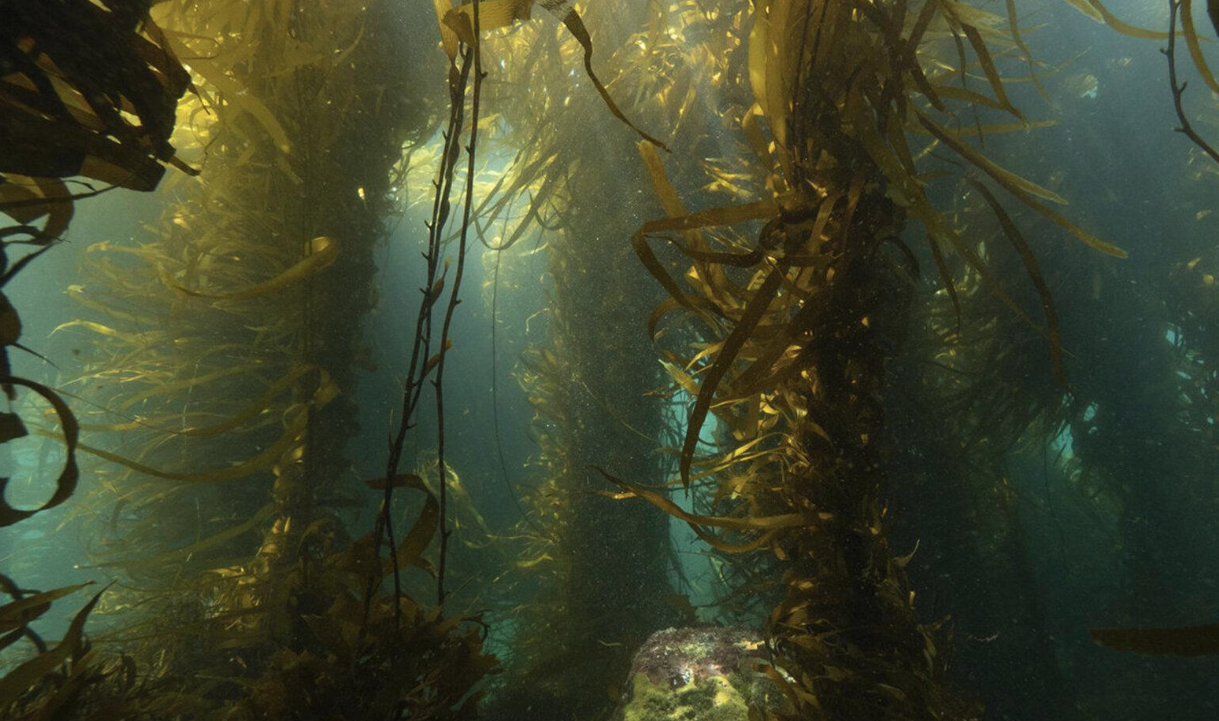


BehaviourWorks Year in Review 2019
A stellar year for behaviour change
Over the past decade, BehaviourWorks (BWA) has been part of a movement to build awareness of, and literacy in, behaviour change in Australia.
Together with our government and industry partners, we’ve gained a deep understanding of how insights from the behavioural sciences can make a real and meaningful difference to the lives of everyday Australians.
BehaviourWorks’ continued growth, as a research enterprise, reflects growth in the sector overall, with many new behavioural units being integrated into government and private sector organisations and a burgeoning network of behaviour change practitioners, many of whom are connected to our Broadcast.
In 2019, we fielded a large number of enquiries from an increasingly diverse range of organisations, which adds weight to our argument that behaviour change and behavioural science is now mainstream.
Diverse projects
Last year (2019) was a stellar year for BWA, helped in no small part by the number of talented researchers we attracted from different backgrounds, disciplines and countries.
From a staff of just three in 2011, we’ve grown to employ 27 researchers and in 2019 we worked on more than 50 projects with our partners.
The depth and breadth of this work is difficult to summarise – the following is indicative only.
- Six trials with the Victorian Managed Insurance Authority to improve patient safety in Victorian hospitals.
- The Q Project, a five-year partnership with Monash’s Faculty of Education and other partners to understand how teachers use and apply research evidence.
- A trial with AustralianSuper to understand retirement intentions.
- A farm safety project with WorkSafe Victoria to address the over-representation of farmers in Victorian workplace fatalities.
- A multi-agency program called Safer Together looking at the drivers and barriers to bushfire preparedness and response.
- Participation and leadership in the Social Systems Evidence initiative with Monash and McMaster University (Canada) to provide greater access to evidence linked to the SDGs.
- A Staying Safe on Victorian Roads project with the Department of Transport.
- A Victorians Value Nature project with the Department of Environment, Land, Water and Planning looking at how we can encourage more people to act for, and get out into, nature.
- A project seeking to support vulnerable workers by understanding how the minimum wage affects behaviour.
While our researchers continue to work on these types of partner-led projects, we’ve also initiated a number of our own research activities to tackle society-wide issues, with several of these gaining momentum in 2019.
Initiated in 2018, the Waste and Circular Economy Collaboration for example leverages the expertise of multiple partners to tackle the critical issue of waste and recycling.
Three exciting trials are now underway with local councils and waste businesses. One of these trials, looking at kerbside contamination in municipal solid waste bins, is already emerging as the largest coordinated trial of contamination reduction interventions run in Australia, possibly worldwide.
With our colleagues in the Monash Sustainable Development Institute, we’re now exploring opportunities to tackle other big issues impacting the liveability, affordability and sustainability of our cities and regions.
As part of the Monash Sustainable Development Institute, we’re committed to using the SDGs as a framework for initiating projects.
A particularly satisfying example of this in 2019 was a foundational survey with 6,000 Australians exploring attitudes and experiences of discrimination and the willingness of Australians to advocate for vulnerable people and those from different racial, religious and cultural backgrounds. This work underpinned the December 2019 launch of Inclusive Australia, a new three-year collaboration involving over 40 organisations committed to a more inclusive Australia.
With our colleagues in ClimateWorks Australia and the University of Canberra, we’re also participating in a long-term multi-partner, a multi-country consortium to assist in the clean-up of the Citarum River in West Java; one of the most polluted rivers in the world.
Training and capability building
As mentioned earlier, BehaviourWorks is committed to improving behaviour change literacy in Australia.
To support our growing network of colleagues and partners, in 2019 we launched a free online database of 5,000 behaviour change articles.
We also invested resources into improving/expanding our training offer, running sessions through the Australia and New Zealand School of Government and Department of Premier and Cabinet, for example. We also ran Masterclasses with organisations such as Sustainability Victoria and trialled a new 12-week Bootcamp with the NSW Environment Protection Authority.
Given the demand for training, we also started developing an online induction module to rapidly upskill Consortium partners and we’re planning to develop and offer a ‘micro-credential’ through Monash University to allow for a more flexible approach to learning.
Community outreach
In 2019, we continued to bring our community of behaviour change practitioners together in The Change Room, our series of live events where we bring behavioural science to life in an engaging and entertaining way.
We also spent time explaining the principles of behaviour change to the general public on ABC Radio via a series entitled “This is BS (behavioural science)’.
We also ramped up our blog and social media activity, experiencing a huge increase in visitor numbers to our website in 2019.
This interest is not only satisfying, but it is opening up new opportunities for collaboration.
All of our activities and ideas are underpinned by the BehaviourWorks Method and in 2019, the whole team came together to discuss and consider how we can make this methodology more accessible.
The consensus is that having tested its effectiveness over the past few years, we would like to publish it more broadly (stay tuned for updates on this).
In the meantime, we hope 2020 is as productive as 2019 and that we can continue to support our friends and colleagues in changing Australia for the better.



.jpg)





